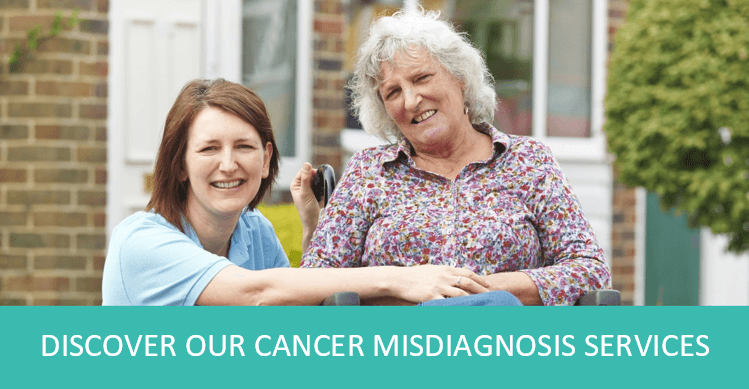
Ovarian cancer, or cancer of the ovaries, is one of the most common types of cancer in women. Approximately 4,000 women die from ovarian cancer every year in the UK alone. It usually affects women who have been through the menopause, but it can also affect younger women. The sooner ovarian cancer is diagnosed and treated, the better chance you have of curing the disease.
In this article we look at a major screening trial that has recently taken place in the UK, which scientists hoped would save lives by giving earlier diagnosis so treatment can be provided sooner.
What are the symptoms of ovarian cancer?
Common symptoms of ovarian cancer include the following:
- Feeling constantly bloated
- A swollen stomach
- Discomfort in your stomach or pelvic area
- Feeling full quickly when eating
- Needing to urinate more frequently
- A change in your bowel habits
- Weight loss
However, there are many more symptoms that women can experience. Due to the nature of the symptoms, it can be tricky for doctors to suspect ovarian cancer. Your GP may consider less serious health conditions, such as irritable bowel syndrome (IBS), as a cause for your symptoms.
Getting an ovarian cancer diagnosis
If you are over the age of 50, ovarian cancer is more common. You are more at risk of ovarian cancer if you have a family history of ovarian cancer. If you are experiencing any of the above symptoms you should always see your GP.
When someone has potential cancer symptoms, they should be referred by their GP by the ‘two week wait’ urgent referral route and should see a specialist within two weeks. During your first hospital appointment, you may be sent straight for tests or you might see a specialist first.
The treatment for ovarian cancer depends on whether the cancer has spread. You may be offered surgery to remove the cancer, which will often involve removing both your ovaries, your womb (a hysterectomy) and your fallopian tubes. The effects of which can be devastating and can mean you are no longer able to have children. Treatment for some women can trigger early menopause.. Chemotherapy is also used to kill any remaining cancer cells after surgery or before surgery takes place to try and reduce the size of the cancer.
What happened in the UK’s ovarian cancer screening trial?
- 200,000 people participated in the UK Collaborative Trial of Ovarian Cancer Screening (UKCTOCS), the largest in the world.
- The research was carried out by University College London, with the aim of finding out whether regular screening could reduce deaths by ovarian cancer.
- Participants to the trial had annual blood tests which were analysed for detection of early cancer.
- The key blood levels that were monitored were ‘CA125’ (‘Cancer Antigen 125’) – most healthcare professionals refer to these as the ‘tumour markers’.
- CA125 is produced by some ovarian cancer cells but can also be a sign of other harmless conditions, such as endometriosis, menstruation, uterine fibroids or even pregnancy.
- However, a high level of CA125 in your blood can indicate the presence of ovarian cancer and should therefore trigger further investigations.
- In the trial, participants’ CA125 levels were tracked and if they were rising, they were sent for an ultrasound scan.
- The outcome of the trial showed that:
- 39% more cases of stage 1 and 2 cancers were detected and
- 10% fewer stage 3 or 4 cancers were detected.
Unfortunately, the trial proved that routine screening for ovarian cancer has been unsuccessful in saving lives. The cases of stage 1 and 2 cancers that were detected were still highly aggressive and hard to treat. In order to affect survival rates and bring about real change, the researchers concluded they needed to find a way to detect ovarian cancer even earlier. The scientists are looking into other detection methods, but this is likely to take many years. In the meantime, the UK population won’t receive regular ovarian cancer screening.
For more information about the trial and results, see the Lancet Medical Journal.
Making a claim for ovarian cancer misdiagnosis
Sadly ovarian cancer continues to have a poor prognosis. Around half of women with ovarian cancer will live for at least 5 years after diagnosis, and 1 in 3 women will live at least 10 years. The importance of diagnosing ovarian cancer early is key.
A misdiagnosis leading to a delay in diagnosing or implementing treatment for ovarian cancer can mean that by the time the correct diagnosis is made, the cancer may have spread and be more difficult to treat.
Our team of cancer claim specialists have been able to help many clients whose cancer was diagnosed later than it should have been. Contact us today to find out how we can help you.



















